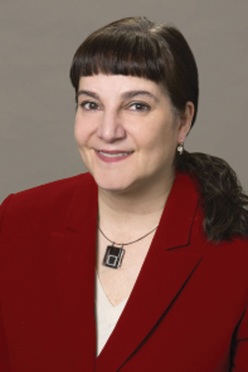In 1946, Winston Churchill described the long history and ties between the United States and England as a “special relationship.” The term stuck and by the time of the much loved and equally much maligned movie, “Love Actually,” Hugh Grant’s character reprises it in a speech about his feelings for a woman he catches kissing the U.S. president, played slyly by Billy Bob Thornton. The gist is that the special relationship between the nations has soured. Ultimately, Hugh gets the girl and their special relationship is celebrated in the final scenes.
When a worker is injured on the job by a third party, a special relationship arises between workers’ compensation counsel and personal injury counsel, with the claimant/plaintiff in the middle. The relationship likely begins with a referral going one way or the other. But it shouldn’t end there or remain one of minimal contact, or the relationship will become not-so-special and the claimant/plaintiff may suffer consequences. The reasons for this include the likelihood that the workers’ compensation insurer can assert subrogation from any third-party settlement of amounts it pays for wage loss and medical benefits, which in most cases will be expended well before the third-party matter gets far along enough for settlement to be a reality. This article will explore some of the contours of that relationship and how both attorneys can manage expectations but also optimize and protect their special relationship as well as their mutual client’s recovery.


 Susan Nanes.
Susan Nanes.




